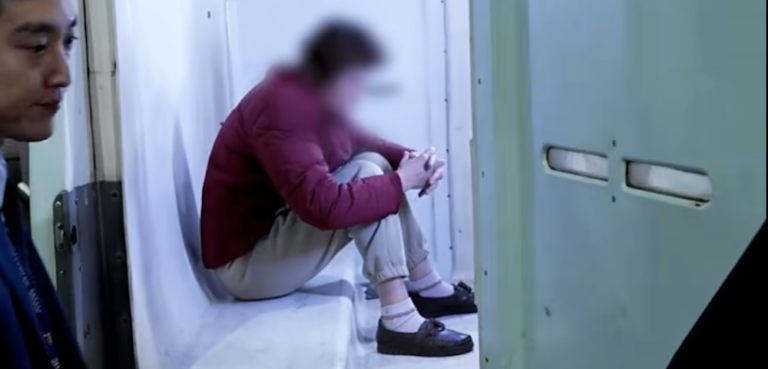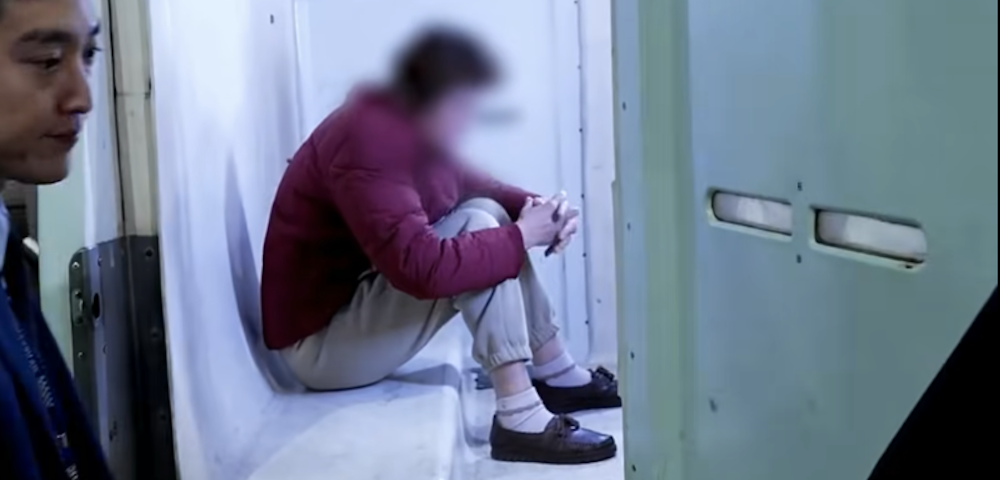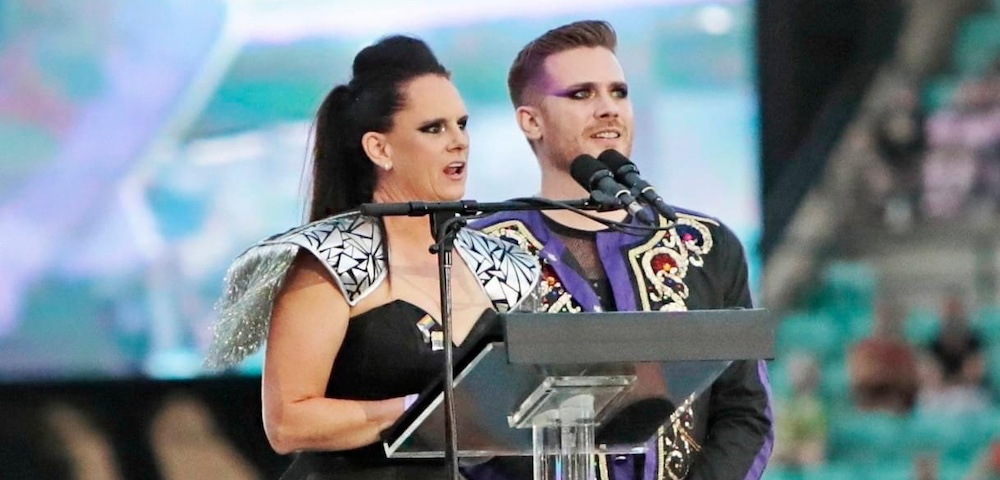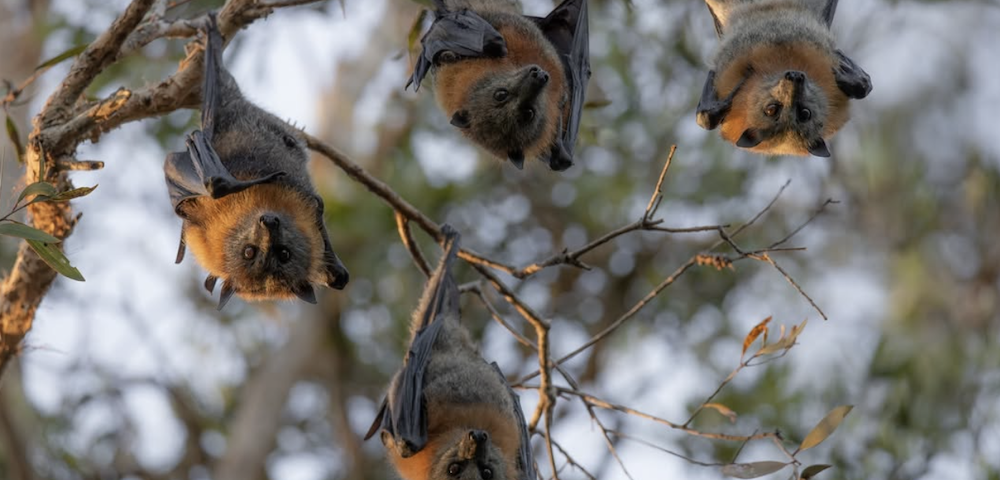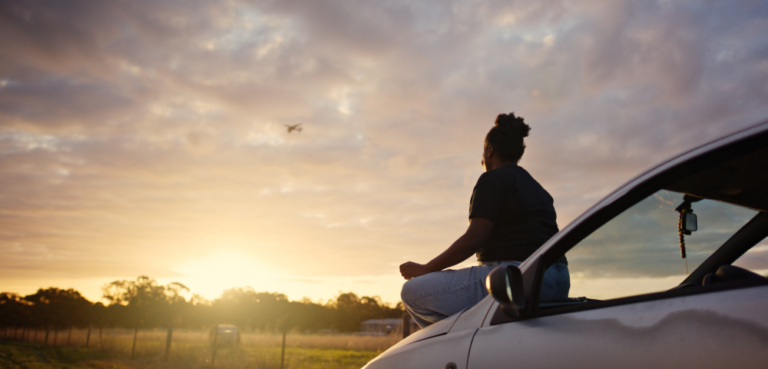
Annual Flynn’s Walk supports veterinarian mental health, as industry grapples with high suicide rates

By JUSTIN COOPER.
Coinciding with World Suicide Prevention Day, the Flynn’s Walk initiative was held in Coogee over the weekend spreading awareness and support for veterinarian mental health.
Trigger warning: This story discusses suicide, which may be distressing for some readers. For 24-hour crisis support and suicide prevention call Lifeline on 13 11 14.
The initiative comes at a crucial time as alarming rates of suicide impact the health service industry, and NSW Parliament current inquiry into the worker shortage amongst the industry.
On Sunday, over a hundred veterinarian workers, supporters and their pets gathered at Grant Reserve in Coogee to support the walk’s initiative.
Alarming Suicide Rates
The Flynn’s Walk begun in 2018, to commemorate the sudden loss of veterinarian Dr Flynn Hargreaves who died by suicide.
Flynn’s Walk and partnering organisation, including the Petbarn Foundation and GoWell, have continued the initiative to discuss the increasingly mental health issues faced within the veterinarian industry.
According to research by Australian Veterinary Association (AVA), one veterinarian dies by suicide every 12 weeks, being two times higher and four times more likely than other health professionals.
Many within the industry are facing depression and burn out from the industry.
Executive Director of Not One More Vet (NOMV), Darlene Bos, spoke with Flynn’s Walk last year on the significance of supporting the industry during this mental health crisis.
Similar to Flynn’s Walk, NOMV is an non-profit organisation providing online support to veterinary workers.
During the interview, Bos said “most people are shocked” when hearing about the challenges faced within the industry.
“People think it’s all about playing with puppies and kittens all day. They don’t really stop to think about what a vet’s daily life is like,” said Bos.
Bos also noted the impact of practice online throughout the Covid-19 epidemic, saw vets staf impacted through cyberbullying.
Inquiry into veterinary work
Along with increasing demand being seen across healthcare services, vet services have seen a spike over the past decade whilst recruitment hits a substantial low.
The NSW Government is currently investigating the shortage amongst the industry through the Veterinary Workforce Shortage Inquiry.
Established in June, the inquiry has received submissions from multiple veterinary associations on the industries current challenges.
Groups including AVA and Veterinary Practitioners Board (VPB) made submissions, noting the physical and financial challenges which is effecting the mental health of workers.
Within AVA submissions, they noted 66.7% of people in the industry have said they experienced a mental health condition at some stage in their career. Their submission also noted client interactions and expectations, excessive work hours and workloads, and the works emotional toll have severely impacted workers.
VPB submissions also noted the toll on workers mental health, and the decline in retention rates impacting the NSW sector. In discussing the number of veterinarians leaving the industry, 52% chose to move interstate and 13% retired or left the industry voluntary.
Both submissions expressed the amount of training which is needed within the sector is effecting recruitment and retention.
AVA made suggestions to the inquiry suggesting changes to the workplace management models, increase veterinary training for rural areas, and incentivise medical training through relieving certain educational fees.


